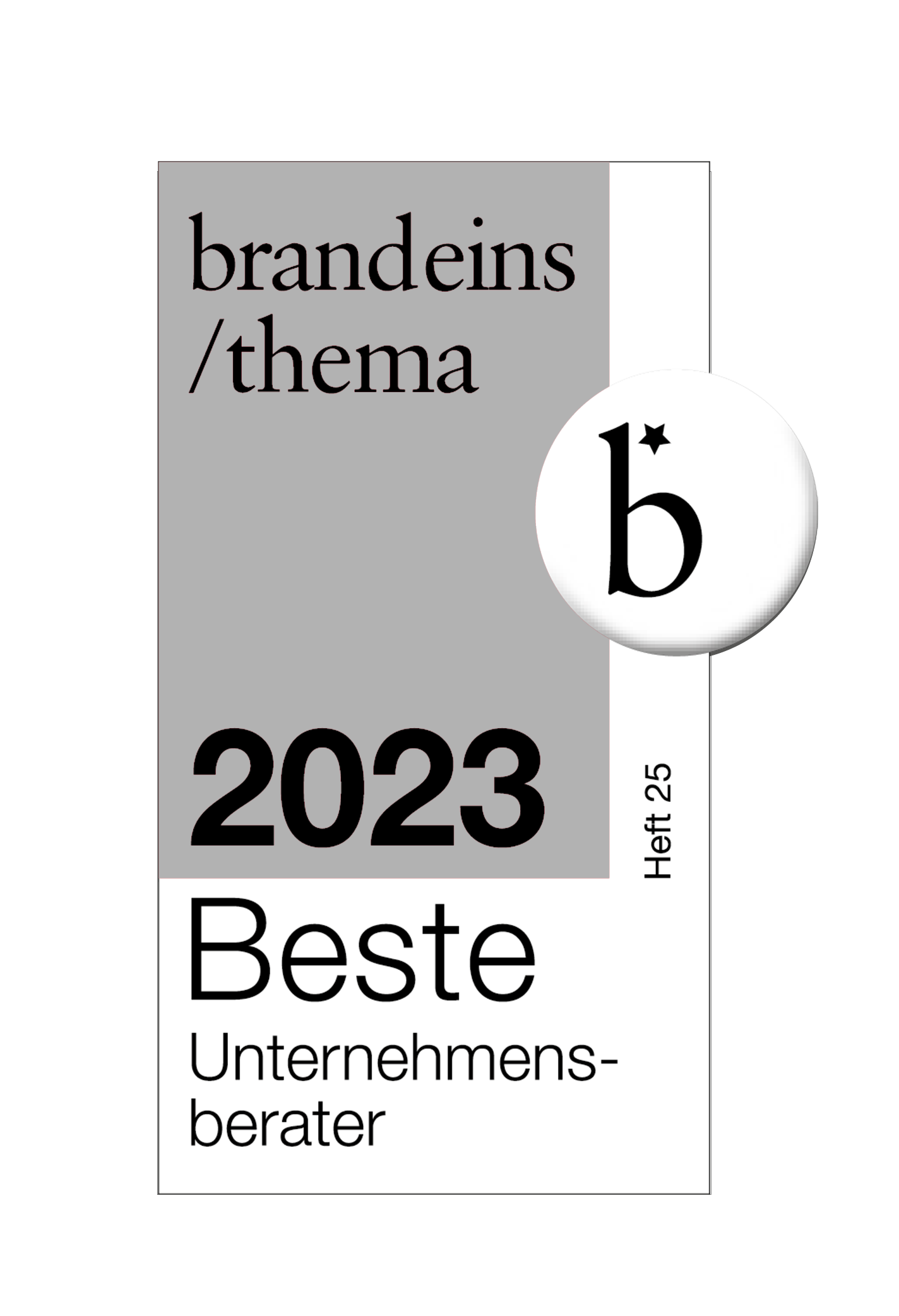Karsten Redenius, member of the executive board of the msg group, on the impossibility of strategic planning, dealing with uncertainty and the balance between stability and flexibility in corporate development.
Mr. Redenius, strategy and planning have long been used almost synonymously. However, planability seems to become an increasingly unlikely condition. What does this mean for the development of strategies?
Planability is indeed decreasing dramatically. Strategy must therefore be aligned, on the one hand, to show the company its essential goals, the vision. And, on the other hand, to enable the organization to follow this vision in the best possible way.
We can no longer think of the strategy process as the proverbial five-year plan, with a fixed goal and a precisely defined route in terms of content, structure and process, which is worked through in a linear fashion, section by section. This is why strategy development can no longer be a management task in the traditional sense. It is the task of the entire company and must also enable the entire company to understand what the goal is so that the right paths can be taken at all levels. And this is a completely different way of dealing with a strategic goal than has been done in the past.
Do you have an example of this?
Let’s take responsiveness to changes in the environment. Today, the management team cannot have the capacity to recognize all relevant signals early on, interpret them and prioritize them. This is why organizations need ramified sensor networks. In other words: Diverse sources of input that precisely understand what is happening in a particular area of the ecosystem and the environment and how the company should react to this. But these people can only do this if they understand where the journey is going and what the overall strategic direction is without having to painstakingly follow a detailed content plan.
You mentioned the five-year plan earlier as a metaphor for the old, static understanding of strategy. What claim can we still have today for the stability of strategies? After all, not everything can be subject to the primacy of flexibility?
I think that strategy must be clearly aligned with a North Star, which gives stable guidance and shows the general direction. Everything can be aligned with this, but can also deviate slightly to the left or the right. As the environment requires.
Static strategies based on detailed milestones are no longer a purposeful approach. What we are currently experiencing in strategic thinking is the tension between a mindset that has been successful for decades and a much more agile world, in which we also need to move agilely and flexibly adjust to the environment and the market requirements.
What does this mean for the individual strategic processes and initiatives in companies?
They all need to follow the North Star, to take the metaphor further. This is the only way to link the various strategic levels in the company in order to leverage synergies and be efficient, responsive and effective. Non-synchronized processes running independently towards the North Star cannot achieve this.
For example, if you align the company with platforms and ecosystems, i.e., scalable business, it is important to sharply define this core without overloading it with details. Different areas must contribute to the strategy derived from this, with different inputs and at different times.
To ensure this, structures must have both flexibility and stability. Stability is necessary so that things don't go in a completely wrong direction, or diverge from the North Star alignment. At the same time, however, the entire structure must remain flexible and decentralized. Because which resources and approaches prove suitable for shaping the inputs, which changes in the environment you have to deal with in a year or two – that cannot be planned centrally and in detail.
Doesn't it necessarily follow from this view that the organization must endure significantly more uncertainty? How can companies meet this challenge?
I believe that the organization needs a clear solution as to where and how exploitation and where and how exploration are to take place. In this event, uncertainty – I would rather call it unplanability – can also be used as a productive resource. In organizations, there is often a tendency to assign strong negative connotations to uncertainties. But there are always opportunities to shape things and degrees of freedom. If you can get seize these and activate them, then you have taken a giant step forward.
Traditional companies in particular are sometimes dominated by a management style and an understanding of strategy that makes this positive reassessment of uncertainty, which we simply cannot escape, more difficult. The dynamics of the environment are then still met with complex planning procedures and unambiguity, and other perspectives are not taken into account.
In terms of these different perspectives, how important is diversity at management level?
Very important. There is now also clear scientific evidence that diversified management bodies with diverse membership make better, more sustainable decisions in the long term. Because different perspectives lead to a more intensive analysis of a topic. This increases the quality of decision-making at all levels of the organization.
Another factor in this is that cooperation and collaboration are becoming closer in many ways. This is true for emerging ecosystems, for integrated added value chains, for the relationship between customers and manufacturers or for the cooperation between different stakeholders. These diverse perspectives, interests and strategies must be understood and appropriately reflected in the company's own decision-making processes.
Interview with
"Strategy development can no longer be a management task in the traditional sense. It is the task of the entire company."
"We are currently experiencing the tension between a mindset that has been successful for decades and a distinctly more agile world in which we also need to move agilely."
"Diversity and different perspectives improve the quality of decision-making at all levels of the organization."
Find out more.

Karsten Redenius
We are looking forward to hearing from you!
Related topics
-

The impossibility of strategic planning - Part 2
Karsten Redenius, member of the executive board of the msg group, on the impossibility of strategic planning, dealing with uncertainty and the balance between stability and flexibility in corporate development.
- 1
- 1
-

Business Agility Check
Strengthening sustainability with the maturity model of msg advisors.
- 1
What we offer
-
We are defined by our in-depth knowledge of the structures, trends and future opportunities of our core industries!
Industry-expertise
-
From the boardroom to the shop floor, we understand the challenges of the key functions!
Functional expertise
-
We create growth and efficiency drivers using smart technologies, systems and data analytics!
Data and technology
-
We develop cross-industry digital ecosystems for the business models of the future!
Ecosystems of the future
-
We develop future scenarios and design implementation-oriented transformation roadmaps!
Thought leadership
- 1




